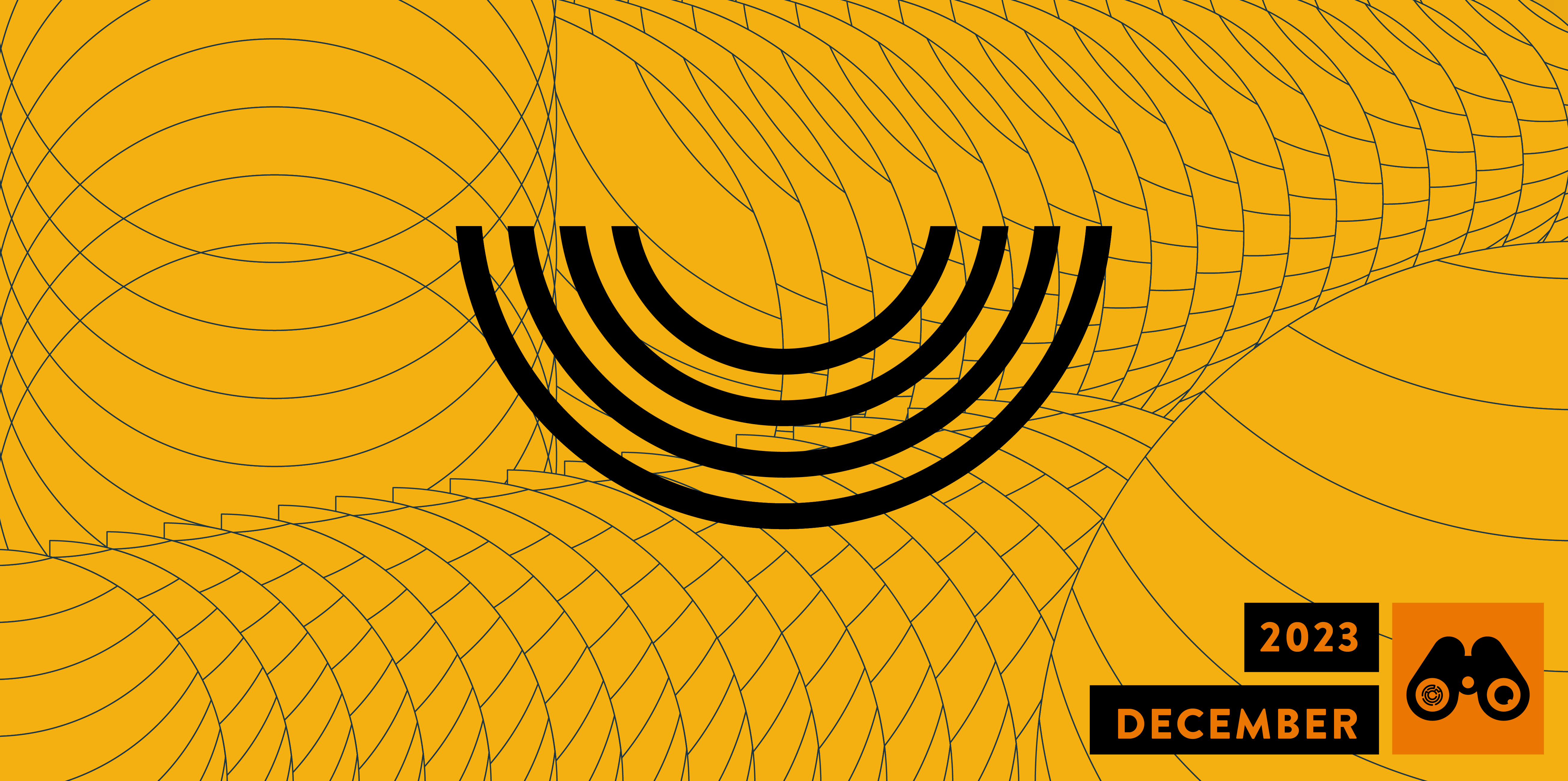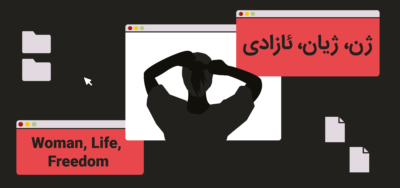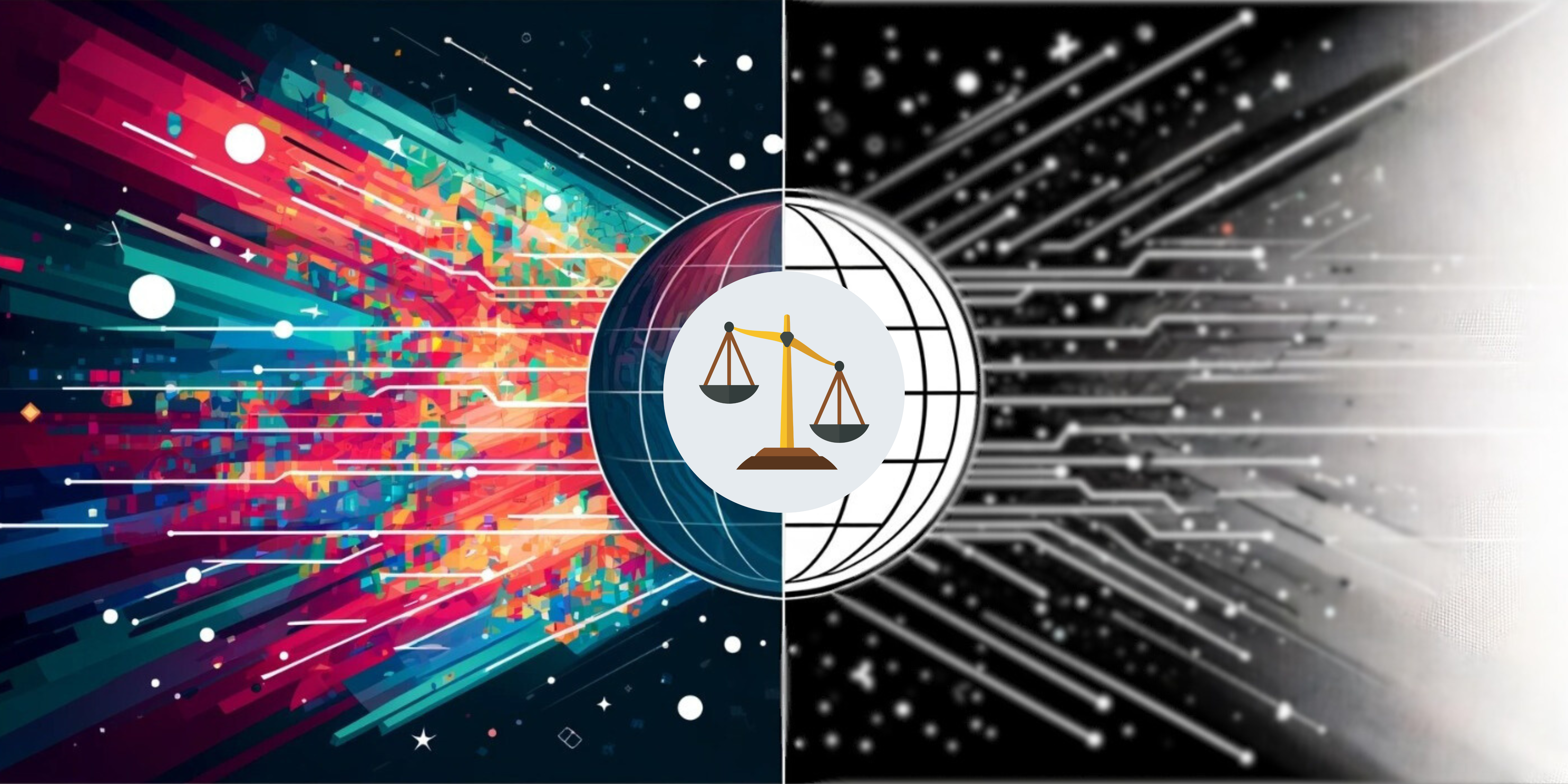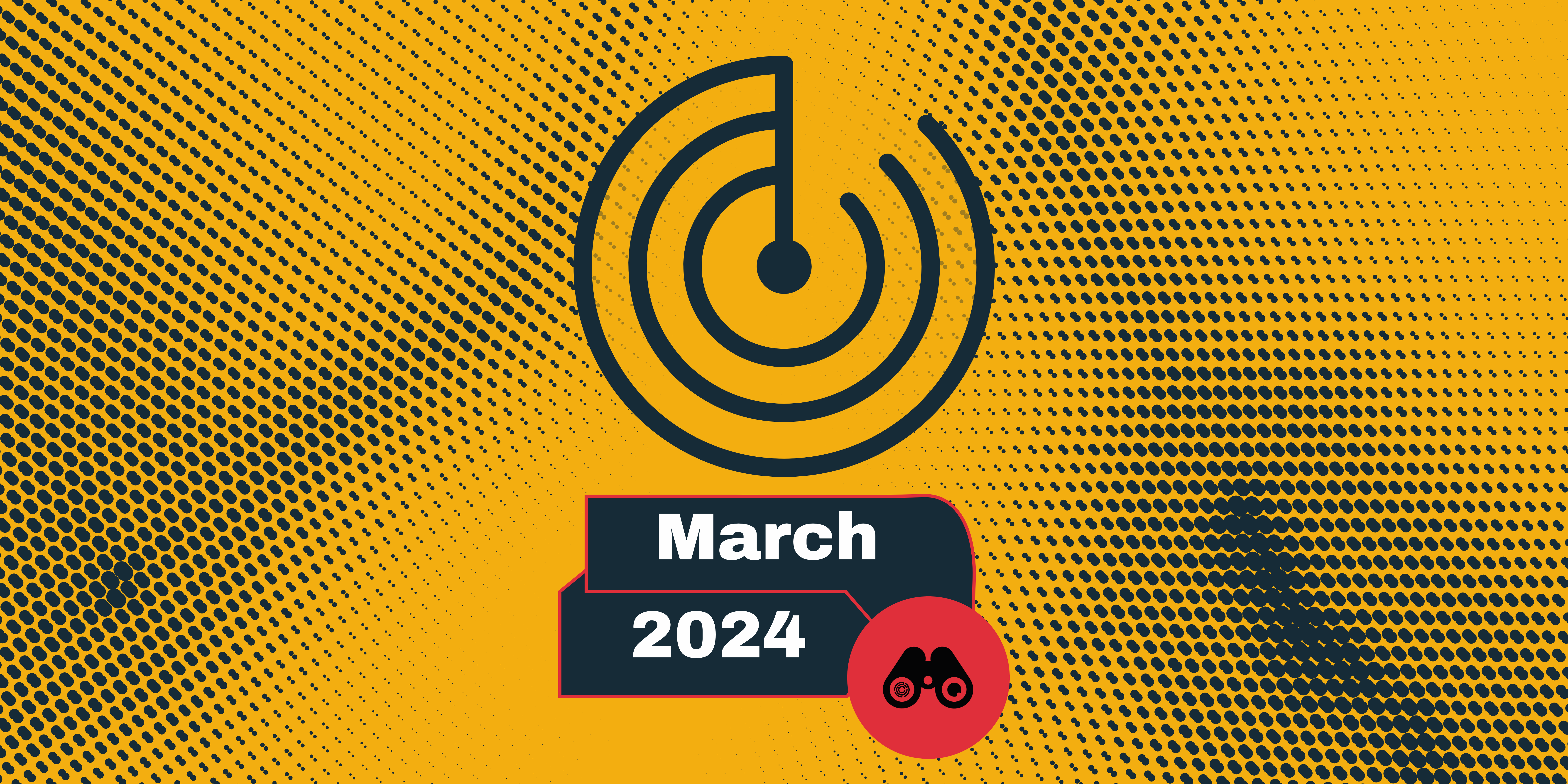By raising the prices of mobile internet packages by over 34% and removing the cheaper long-term internet packages in December 2022, the Iranian government has advanced its agenda of imposing the National Information Network on its citizens.
Under President Ebrahim Raisi’s government, the internet price has gone up twice officially. The first time was in April 2021, when the government claimed it was for better service quality. The second time was in August 2022, when some fixed internet providers in Iran scrapped the low-cost and low-speed (under 2 Mbps) packages and options, de facto making users pay more for higher-speed ones while not officially increasing prices.
In all previous instances, price increases were justified by claims of quality improvement. However, ever since Ebrahim Raisi took office as President of Iran in August 2021, not only has the quality not improved, but in numerous cases the quality has only gotten worse, as reflected in a report by the E-commerce Association in July 2022. This matter has also been of concern to the community of internet freedom advocates in Iran.
In implementing this policy, the government, while raising the price of international traffic, keeps the cost for domestic traffic constant, forcing subscribers to use the National Information Network for economic reasons. This policy has been observed in other instances of price increases as well.
Isa Zarepour, the Minister of Communications and Information Technology, wrote in a social media post on December 2, 2022, “The increase in internet package prices, aimed at developing communication infrastructures, does not apply to domestic traffic, and operators are obliged to implement it.”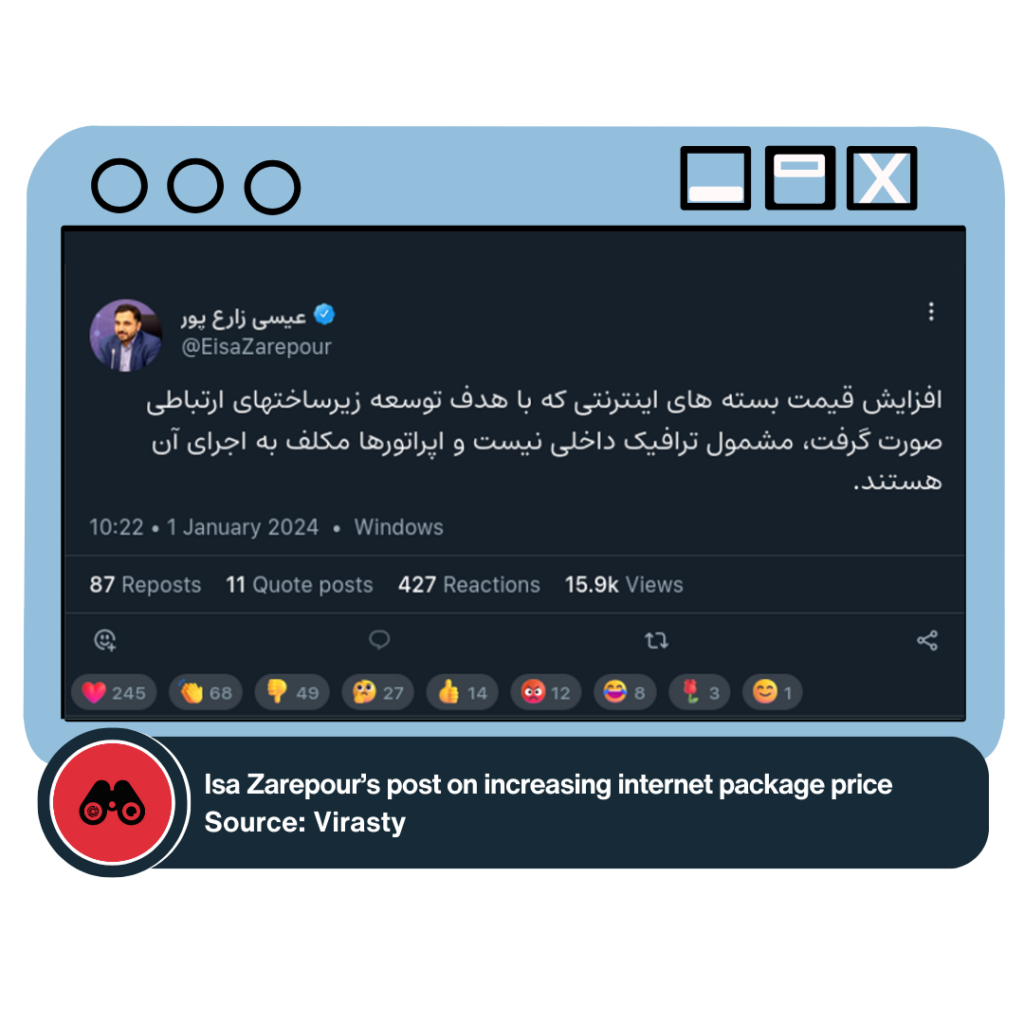
Alongside the policy of creating a price gap between domestic and international traffic, the Ministry of Communications, by creating lists of white and gray sites, slows down and disrupts access to sites not hosted in Iran, forcing people to use the National Information Network. This approach is also evident in the statements of officials.
For example, Isa Zarepour, the Minister of Communications, stated in an interview in December 2021, “For a better internet experience, people should turn off their VPNs and use the domestic intranet, which offers better speed.” This comparison confirms that the intranet provides better access conditions compared to the internet, validating the disruption of the internet compared to the domestic internet.
The 5GB Free Internet Package
The government offered a package of 5 GB of international internet traffic (12 GB domestic) from December 10, 2022, following the internet tariff increase in Iran.
Mandatory Installation of Domestic Antivirus
On December 10, 2022, the Cyber Police unveiled a domestic antivirus named “Security Scanner Faraz.” Ghasem Rezaei, the deputy commander of the national police, said the Cyber Police had proposed to the Supreme Council of Cyberspace that the use of this software become mandatory.
Parliament’s Decision: The Bill on Cooperation Between Iran and Russia in Information Security
The Iranian Parliament approved the “Agreement on Cooperation Between Iran and Russia in the Field of Information Security” on December 10, 2022. This 9-article bill focuses on government security and combating “the spread of harmful information to the social-political systems and the spiritual, moral, and cultural environment of the states.”
Increase in Mobile Internet Package Prices in Iran
Supported by the Iranian Regulatory Authority, from December 29, 2022, the price of mobile internet packages increased by more than 34%, and cost-effective packages were also eliminated.
Central Bank Recognizes “Cryptocurrency” for the First Time
The Central Bank of Iran recognized “cryptocurrency” or “digital currency” as a financial transaction instrument in a “law plan” announced by the government on December 3, 2022, defining its features.
Minister of Culture and Islamic Guidance: Channels with 5,000 Members to Register for Services
Mohammad Mehdi Esmaili, the Minister of Culture and Islamic Guidance, told government news agency on December 22, 2022, that according to the law passed in 2016, all virtual channels with more than 5,000 members must register their details with the Ministry of Culture and Islamic Guidance to receive services that this ministry provides to journalists and media outlets.
